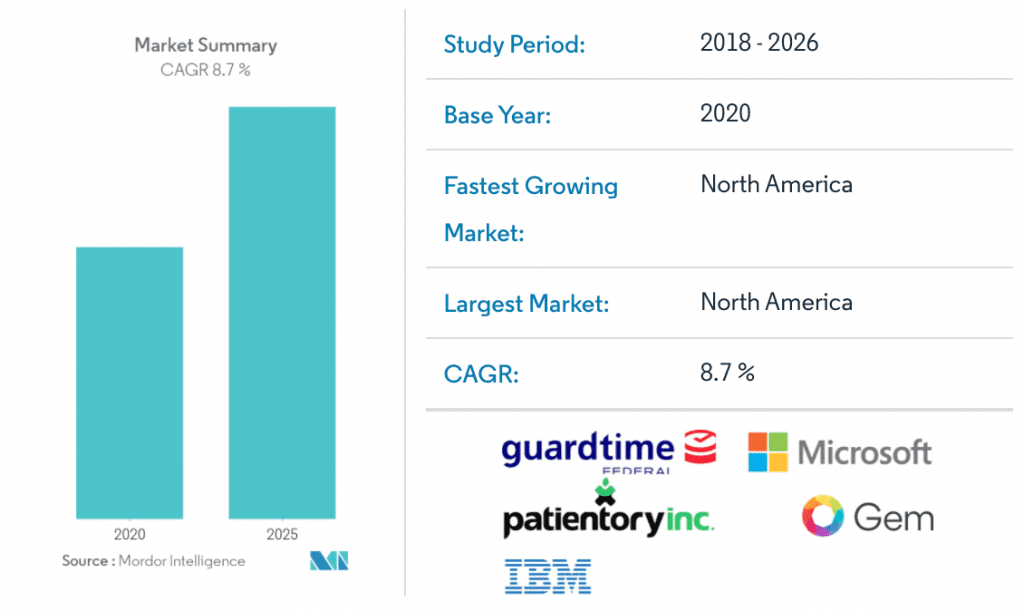How Blockchain Could Unlock Better Health Data


Next gen technologies are driving digital transformation in health care, but blockchain could be in a league of its own as it unlocks the industry’s extraordinary potential.
Today patient data remains scattered across a variety of organizations and facilities. A large amount of time and resources are therefore dedicated towards requesting, sending, receiving, and compiling that data. But blockchain could break the siloes which currently make the transmission of health information slow and disorganized.
By turning to blockchain technology, the health industry has
the potential to realize the interoperability it needs.
What is Blockchain?
In essence, blockchain is an encrypted ledger of immutable transactions, or blocks of data, that are linked chronologically in a single chain. Copies of that ledger are then distributed across a network of users and any additions to the chain are updated in real time.
Improved Data Security
Putting blockchain technology into practice enables doctors and their patients to store and track health data, but it also offers key security benefits.
Health organizations remain prime targets for ransomware and cyber attacks due to the high volume of valuable data which they hold from a centralized location. On top of that, many still rely on older IT infrastructures which are especially vulnerable to malign actors.
But decentralization brought through blockchain could literally turn the tables in the health care security game. For instance, if a hacker were to breach a blockchain, they would only be able to access a few data blocks at the most, which aren’t even usable without the full context of the chain. Additionally, thanks to peer-to-peer sharing of blockchain technology, it is impossible to alter a single block without alerting the entire network. Therefore, it is the blockchain itself which provides a community of users who can sound the alarm when security has been compromised.
Patient-Centered Control
A defining attribute of blockchain in health care is that it democratizes data, placing the patient at the center of their own health care ecosystem. By eliminating the need for intermediaries in transactions, patients will be able to access and manage their own medical records.
The Rise of the Health Information Exchange
In addition to enhancing patient control and security, blockchain technology can diminish if not eliminate the costs and friction associated with intermediaries. Additionally, by connecting fragmented systems, new health insights can be generated, and in the long run, a nationwide network of medical records can boost efficiencies and better outcomes.
Investment Opportunities in Blockchain
As we’ve explored, blockchain systems have widespread implications for all stakeholders in the health care universe; that includes investors, too.
Although the market remains concentrated by only a few key players such as IBM, Microsoft and Gem, the promise of blockchain in health care is enormous. In 2020, the market was valued at 2.12 billion USD in 2020 and is projected to hit nearly 3.5 billion USD by 2026.
While growth in the blockchain market in health care has grown considerably in North America, development in Europe and Asia have been moderate. As the number of patients grows globally, and the elderly population in Europe widens, health care providers will be more pressed to manage bottlenecks in health data.
Source: https://www.ncbi.nlm.nih.gov/pmc/articles/PMC6764776/
Source: https://www.mordorintelligence.com/industry-reports/blockchain-market-in-healthcare

